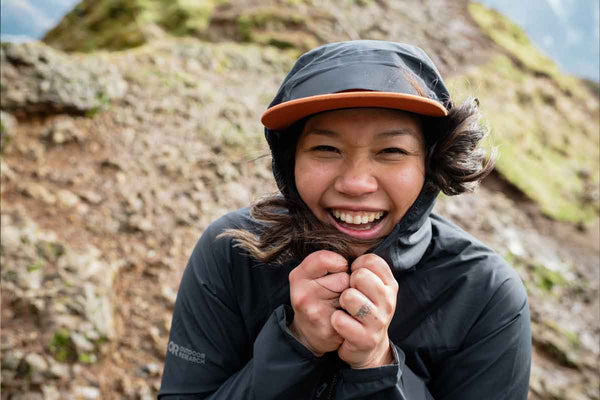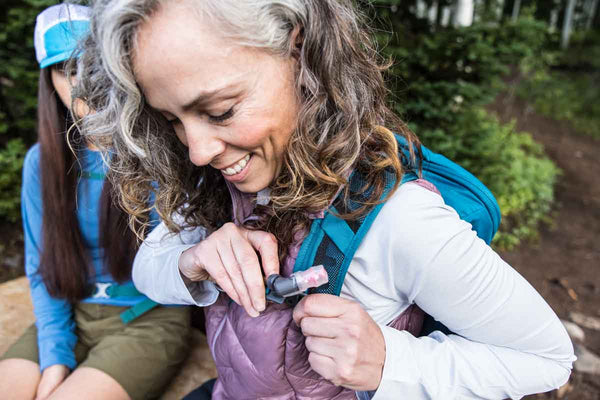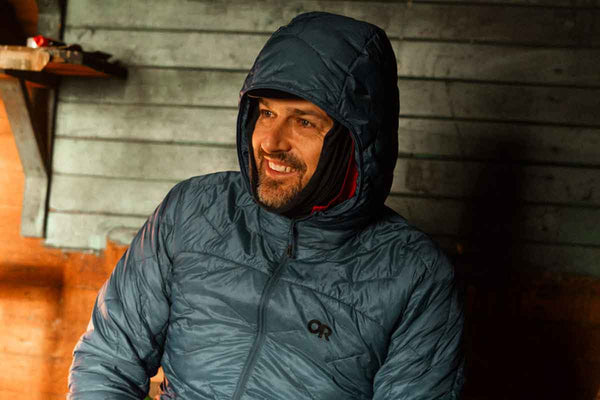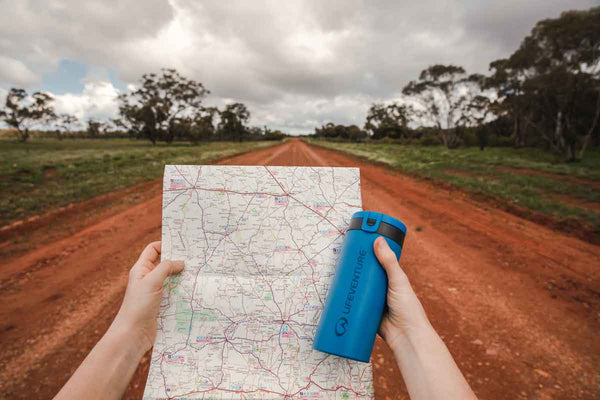
Beginner's Guide To Overnight Hiking
Overnight hiking is one of the best ways to disconnect from the noise of everyday life and reconnect with nature. Whether you're seeking solitude, adventure, or shared moments with friends and family, sleeping under the stars offers an experience like no other.
If you're new to overnight hiking, preparation is everything. From route planning to packing the right gear, this guide covers the essentials to help you feel confident and stay safe on your first overnight adventure.
PLANNING YOUR FIRST OVERNIGHT HIKE
Start Small and Build Confidence
Choose a short, manageable trail for your first trip — ideally one you're familiar with or that's close to a car-accessible campsite. If you can, hike with someone more experienced who knows the area and can help guide you through your first setup. Starting small lets you focus on learning without being overwhelmed.
Stay Connected
Before heading out, check if your trail has mobile coverage. If not, consider investing in a satellite communicator like the Garmin InReach Messenger for added safety in remote areas. Always share your trip plan with someone at home — include your route, campsite location, and expected return time.
Check the Weather Forecast
Mountain and bush weather can change quickly. Look at detailed forecasts a few days in advance, and again the morning you leave. Be prepared for sudden rain, wind, or cold snaps by packing suitable clothing and shelter. Conditions can make or break your trip, especially if you’re new to hiking.
Test Your Gear First
Before you hit the trail, practice setting up your tent, using your stove, and adjusting your backpack. Familiarity with your gear can prevent frustration and mistakes — especially when you're tired at the end of a long day. Try a trial run in your backyard or local park if you can.
Always Have an Emergency Plan
Even on shorter overnight hikes, things can go wrong. Pack a first aid kit, know how to use it, and have a plan in place for injuries or unexpected delays. Always let someone know your full itinerary and when you’ll check in after your return.
WHY GOOD GEAR MATTERS
Investing in the right gear can make a huge difference in both comfort and safety on the trail. Here's why quality equipment is worth it:
Comfort: Lightweight gear reduces strain and helps you hike longer with less fatigue. You'll also rest better with a warm sleeping bag and reliable tent.
Durability: Quality gear holds up over time and through the elements, meaning fewer replacements and more reliable performance.
Safety: Dependable equipment is essential in remote settings. A failed tent or broken stove in cold or wet conditions can quickly become dangerous.
At Trek & Travel, we only stock gear we trust — and we’re always happy to help match the right equipment to your adventure.
ON THE TRAIL: MAKE THE MOST OF YOUR HIKE
Go Slow and Stay Present
Give yourself plenty of time to walk at a steady, comfortable pace. Stop for water, snacks, and adjustments as needed — especially if you're still getting used to carrying a full pack. Staying fueled and hydrated is key to keeping your energy up and avoiding injury.
Choose the Right Campsite
As you near your destination, look for a flat, sheltered spot to pitch your tent — ideally away from large trees or loose branches that could fall in wind. Clear rocks and sticks, and make sure your site isn’t in a water runoff zone. Good camp placement means better sleep and a safer night.
Set Up Before Dark
Start setting up camp well before the sun goes down. Pitch your tent, organise your sleeping gear, and prep your cooking area. If you need to filter water, refill bottles, or dig a toilet hole, do it early — fumbling with headlamps and gear in the dark is no fun.
Keep your food and rubbish securely stored to avoid attracting wildlife, and always cook away from your sleeping area for safety.
Leave No Trace: Hike Responsibly
Preserving the natural environment is part of being a responsible hiker. Follow these Leave No Trace principles to minimise your impact:
Pack out all waste – including food scraps, wrappers, and hygiene items. Choose snacks with minimal packaging, and sort waste responsibly when you return.
Stick to established trails – this helps prevent erosion and protects native plants. Avoid creating new paths or walking through sensitive vegetation.
Respect wildlife – observe animals quietly from a distance. Never feed them or leave food behind, as it disrupts their natural behaviour and can be harmful.
By treading lightly, you help keep the wilderness wild for everyone to enjoy.
READY TO HIT THE TRAIL?
Your first overnight hike doesn’t need to be extreme — just well-planned. With the right preparation, quality gear, and a thoughtful approach to the outdoors, you’ll be well on your way to a safe and rewarding backcountry adventure.
Check back on our blog soon for an overnight hiking packing list, gear reviews, and beginner-friendly route suggestions.
Happy hiking — and don’t forget to look up at the stars.




